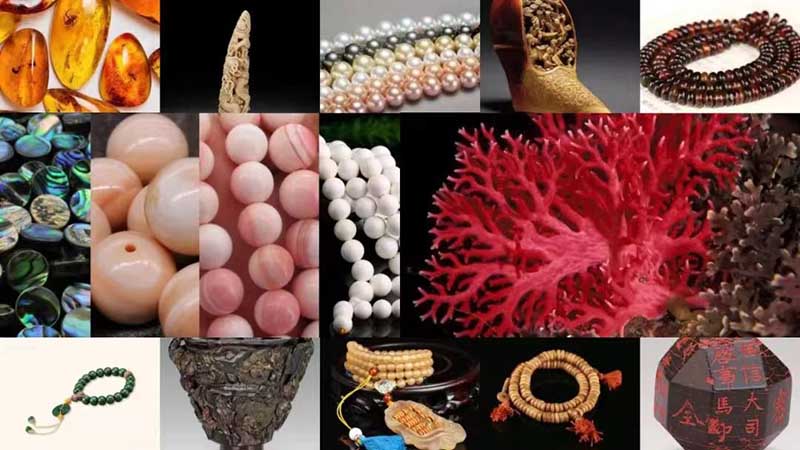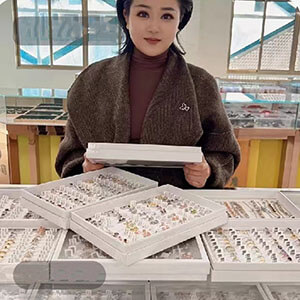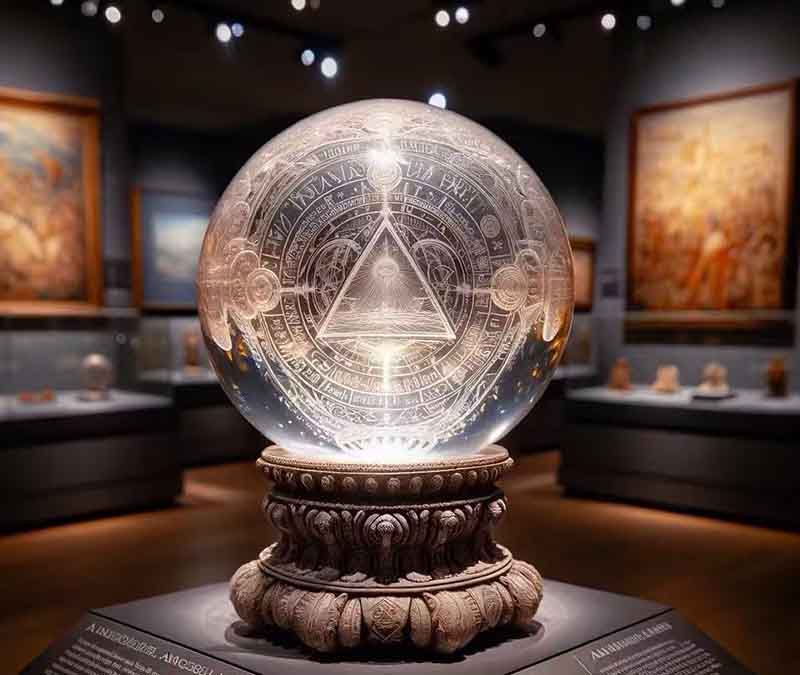It is a gemstone that has a direct relationship with living things in nature and is partially or wholly composed of organic matter.
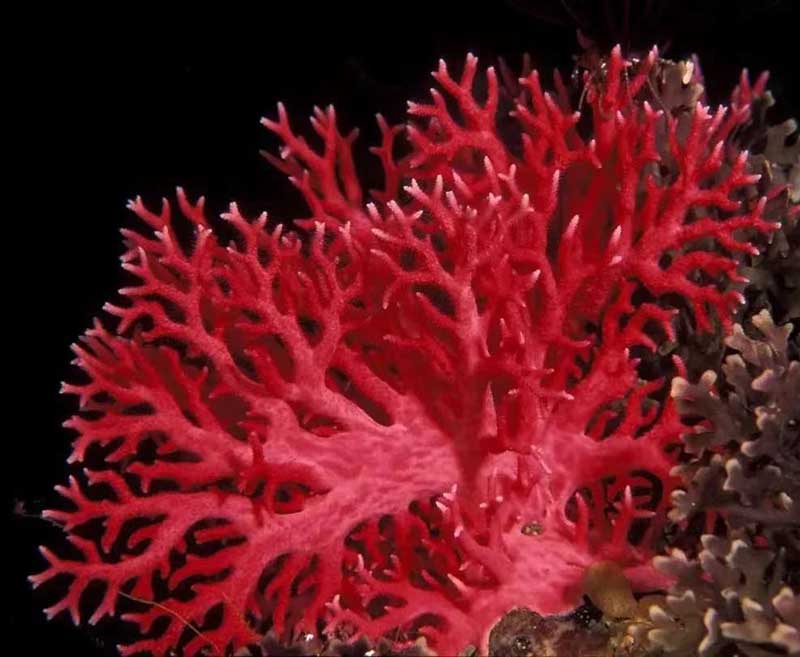
It can be used as a material for jewelry or handicrafts.
There are many common organic gemstones: pearls, coral, amber, coal jade, ivory, giant clams, tortoise shells, fossilized animals and plants, etc.
The most common are pearls, coral and amber.
The three most common organic gemstones are coral, pearl and amber.
Coral:
Many people mistakenly think coral is an undersea plant. But coral is an exoskeleton secreted by a low-chambering motile coral worm.
It is listed as one of the three major organic gemstones together with pearl and amber, and is internationally listed as a second-class protected organism.
Since ancient times, coral has been considered one of the most valuable organic gemstones, because of its beautiful color, unique shape and other characteristics by the world’s love and veneration.
Historically, successive generations of dignitaries have worn and displayed red coral as a status symbol.
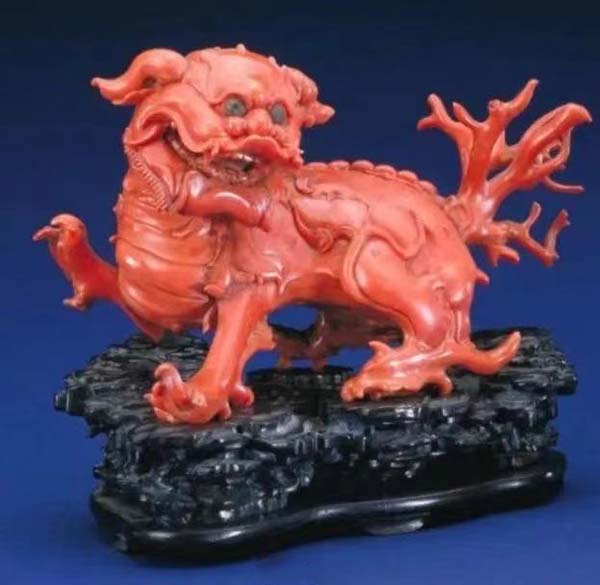
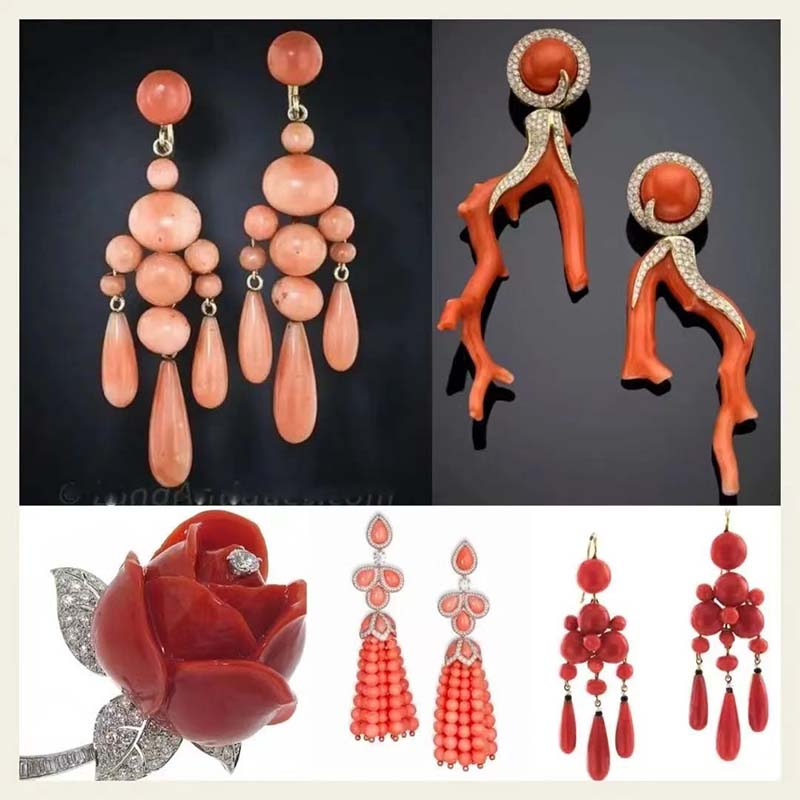
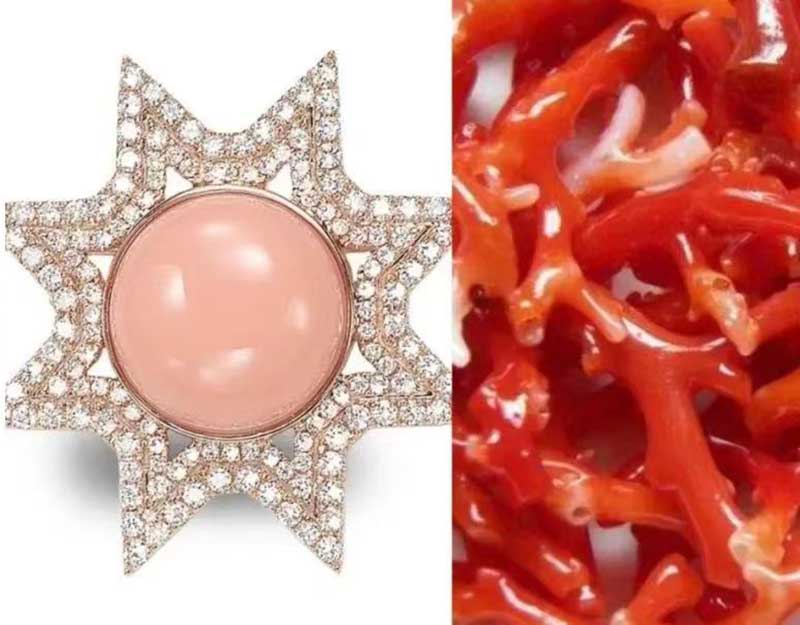
In western countries, red coral in addition to being a magnificent gemstone, has a long tradition of being used as an amulet to avoid bad luck.
Biologically, there are more than 6,000 coral species, but not many can be recognized as gemstones.
According to composition and color, coral in gemology can be divided into two categories: calcareous coral and horny coral. Five varieties are included.
Calcareous type coral:
Contains mainly calcium carbonate and very little organic matter, including red coral, white coral, and blue coral.
Red coral, also known as “noble coral”, is the main output of gem-level precious coral.
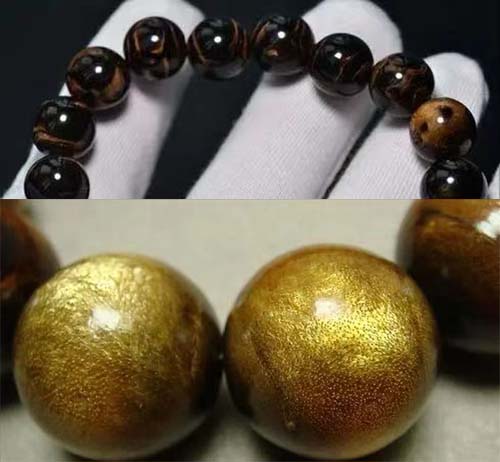
Angular coral:
The main component is organic matter, which includes two kinds of coral: black coral and gold coral.
Compared with the calcium type coral in the red coral family, horny type coral family overall value is lower. Mostly as a play jewelry or decorative purposes.
Pearl:
Pearls are produced by mother-of-pearl shell breeding.
As a result of external gravel, impurities fall into the skin, and the outer coat membrane epithelium of pearl mussels secretes calcium carbonate continuously, the resulting pearls are formed.
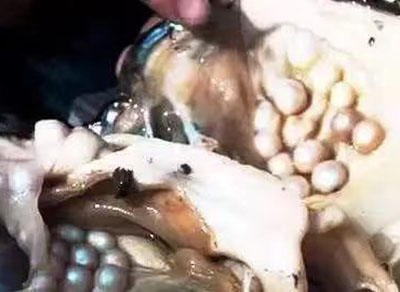
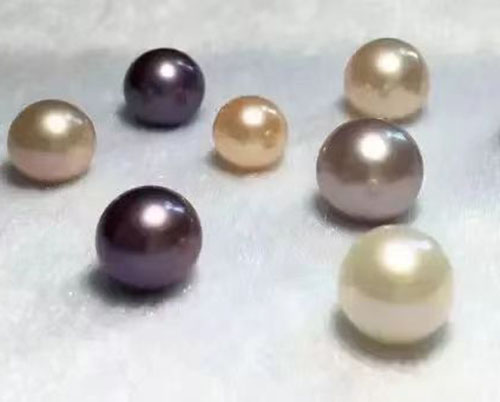
Initially, it was discovered by humans when they were searching for food along the sea and river. And it is one of the earliest gemstones utilized by human beings.
In addition, it is also one of the most important organic gemstones; since its discovery, it has been highly coveted by the people and is known as the “Queen of Gems”.
The most significant feature that makes it different from other gemstones is its natural beauty. Pearls can be used directly without artificial modifications.

However, wild natural pearl production is very small, and flawless wild natural pearls are even rarer. That’s why the vast majority of pearls on the market today are cultured.
Pearls can be divided into freshwater pearls and saltwater pearls. The most common freshwater pearls on the market are regular freshwater pearls and Edison pearls.
Seawater pearls include: Nanyang gold pearls, Nanyang white pearls, Tahitian black pearls, Japanese akoya pearls, conch pearls.
In addition, pearls have a rich variety of colors. Its color is its body color, accompanying color and halo comprehensive color.
According to the body color of pearls, pearl color can be divided into five series.
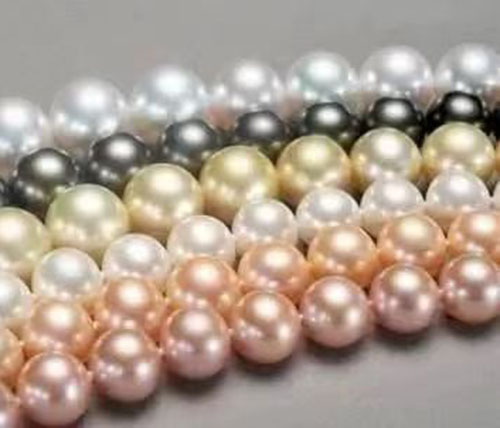
White series: pure white, milky white, silver white, porcelain white etc.
Red series: pink, light rose, light fuchsia etc.
Yellow series: light yellow, beige, golden yellow, orange etc.
Black series: black, blue-black, gray-black, brown-black, purple-black, brown-black, iron gray and so on.
Other colors: purple, brown, cyan, blue, brown, fuchsia, green-yellow, light blue, green, bronze, etc.
Amber:
Amber is the resin of Pinaceae plants from the Cretaceous period of the Mesozoic to the Tertiary period of the Cenozoic.
It is an organic mixture formed by geological action; it is the finest in crystal clarity and pure, flawless clarity.
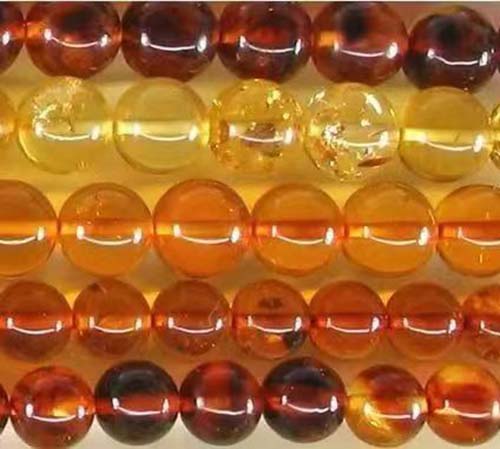
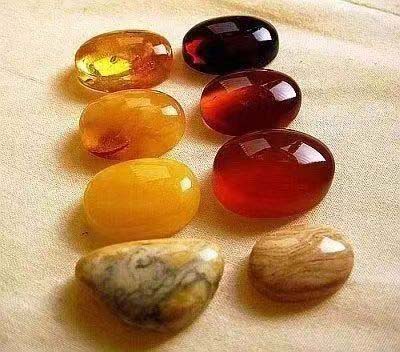
In gemmology, beeswax and amber are both amber.
Amber and beeswax are fossilized products of the resin secreted by plants of the Pinaceae or Leguminosae family during the Cretaceous period of the Mesozoic Era to the Neogene period of the Cenozoic Era, under the action of the address.

There is no clear sequence of time formation. The transparency of amber beeswax is determined by the content of succinic acid and the number of tiny bubbles when viewed under magnification.
Usually amber varieties are classified according to color and origin. The most common colors of amber are: light yellow, yellowish brown, brown, reddish brown, light red, light greenish brown, dark brown, orange, red, honey-yellow and white.
The main origins are Poland, Russia, Denmark, the Dominican Republic, Mexico, Burma and the Baltic Sea. It is also found in Canada, the United States, Chile and Fushun, Liaoning Province, China.
In addition, there are other types of amber that are more valuable because of the special inclusions they contain. These include wormwood, botanical amber, and amber with water urchins.
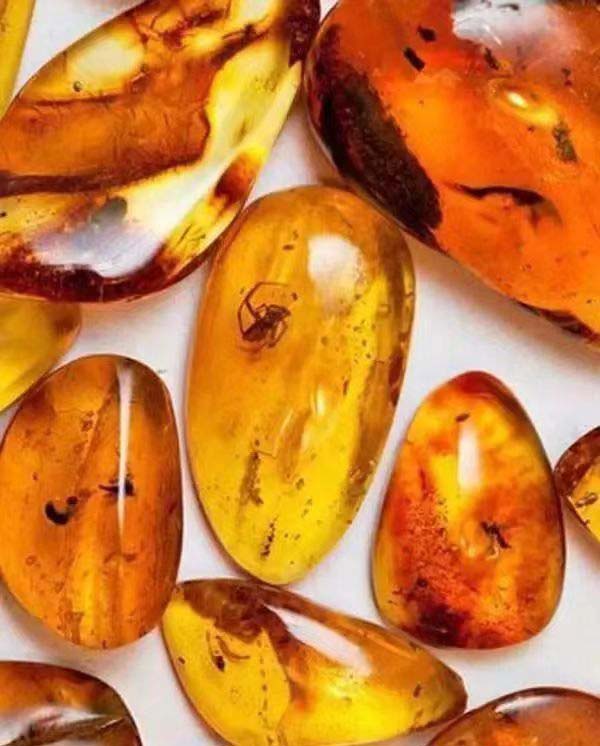
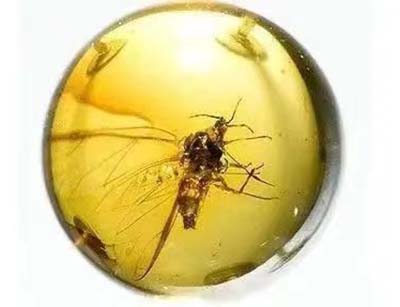
Other common types of organic gemstones:

Coal:
Also known as Coal Jade, Coal Fine is a variant of lignite coal that consists mainly of charcoal (about 80%).
About 180 million years ago, trees were buried in the ground and transformed into coal concentrate under certain temperatures and pressures.
When polished, it has a resinous luster and is a dense, lightweight, black organic gemstone produced all over the world.
The more famous origins are Britain, France, Spain etc.
Coal has a long history of decoration in the West. Coal’s essence body color is black and heavy, easy to carve, often used to make
Mourning jewelry.

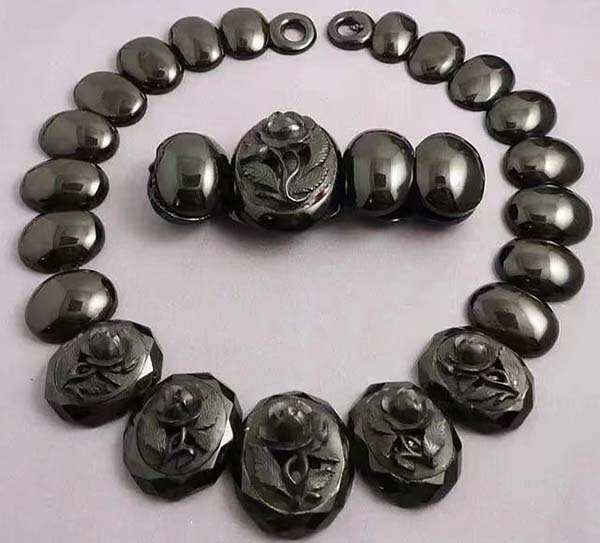
Teeth:
The most famous of all tusks is ivory.
Blood jewelry is most famous for “one red, two black, and three white”. Among them, “three white” refers to ivory.
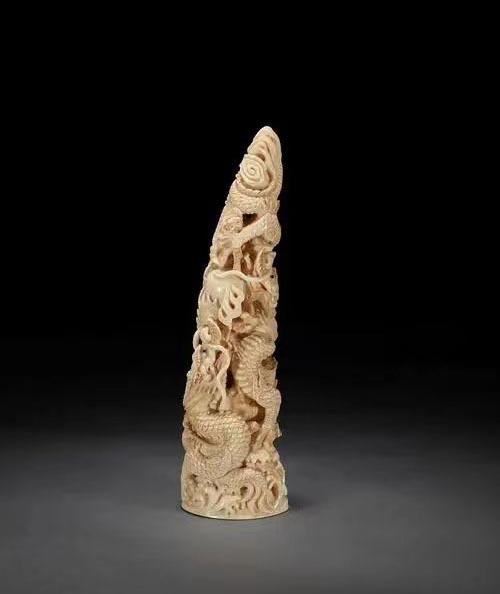
Because ivory is white, delicate and hard, it is often made into tooth carvings and ornaments. As a high-grade jewelry with a long history, the market effect of the elephant is on the verge of extinction.
Currently, elephants have been listed as one of the world’s top ten most threatened species by trade activities.
Tusk in the narrow sense refers to ivory. However, the broader sense of tusk also includes walrus tusk, hippopotamus tusk, whale tusk, wild boar tusk etc. Another type of tusk used as jewelry is “gnarled horn”.
Qiu Jiao, common in the Yongzheng and Qianlong periods, was made by the Qing Palace Office with a secret method. It specializes in palace noble decoration.
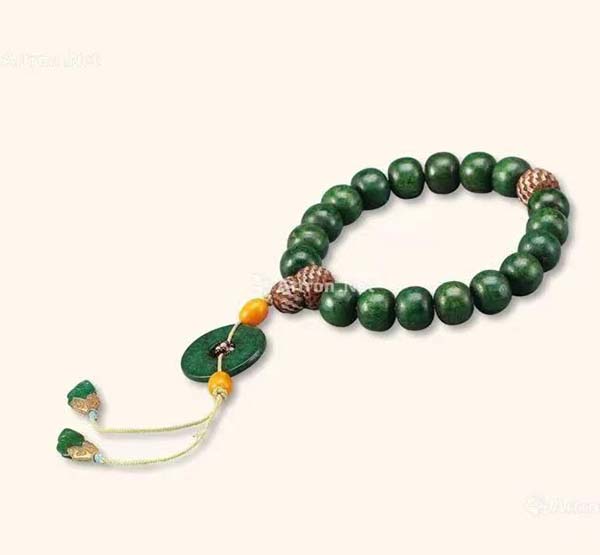
The real body of the gnarled horn is a walrus’ tooth.
Initially, horn was used to replace the increasingly rare rhinoceros horn. However, the rough texture of the horn made it unsuitable for large, intricately carved pieces.
As a result, smaller items such as cigarette holders, strings, seals and gourd lids are common.
Bone:
Bone refers to a variety of animal bones used to make ornaments, artifacts, and utilitarian objects.
The history of boBone use:
Ne processing utility, decoration and handicrafts can be traced back to the late Paleolithic period of tens of thousands

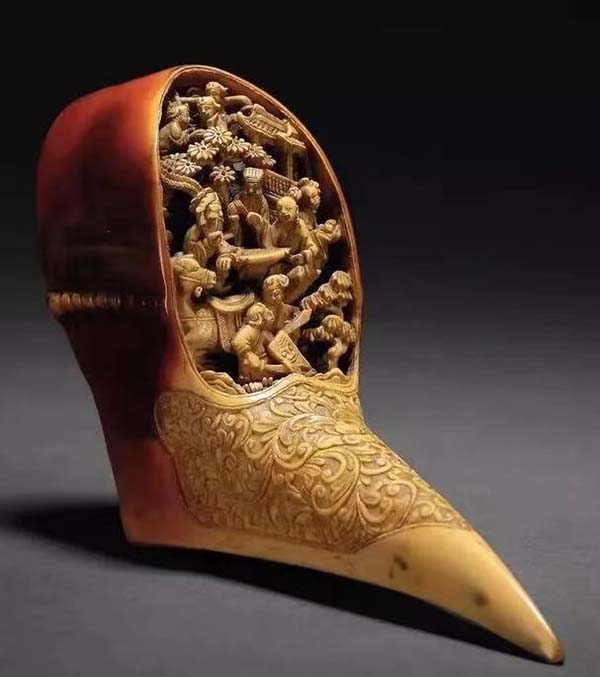
Modern bone is often made into a variety of beautiful crafts, decorating people’s lives. Some ethnic minorities have the habit of using bone products as decorations.
In the cultural game, “one red, two black and three white” in the “one red” and “bone type”.
It refers to the crane red, which is the skull of a rare species of helmeted hornbill.
Horn class:
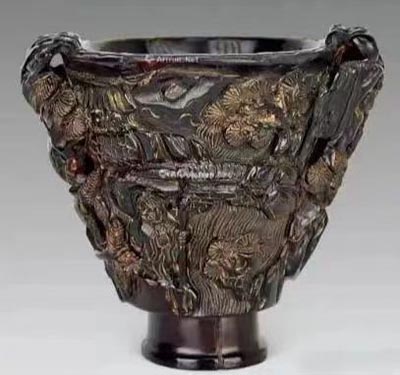
The rhinoceros horn has “one red, two black, and three white”. Rhinoceros horn is the most famous and expensive horn product.
In traditional Chinese medicine, rhinoceros horn is believed to detoxify and avoid evil spirits.Artisans often make rhinoceros wine cups for the emperor to play with.
In life, the most common “horn products” are cow horn, goat horn etc.
They are often processed into necklaces, pendants and other jewelry, brush holders, combs and other tools, as well as horn carvings and other crafts.
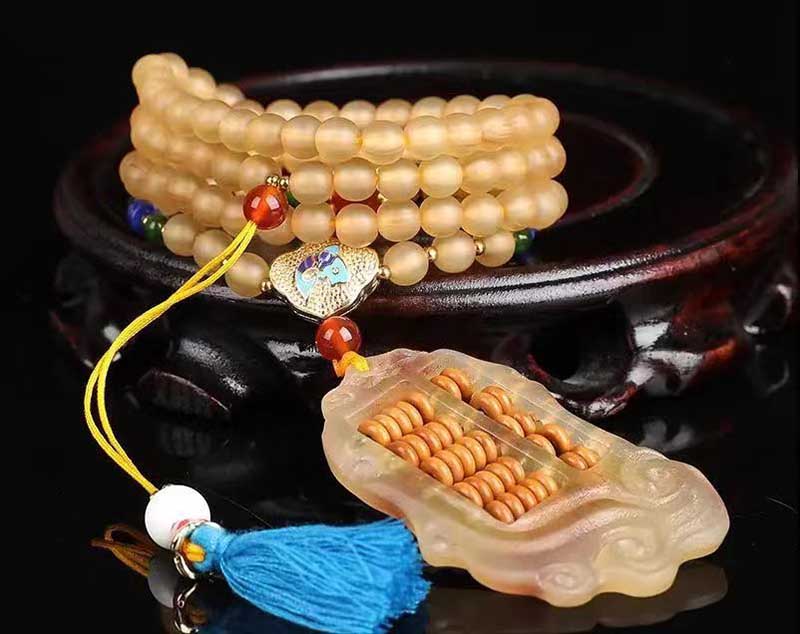
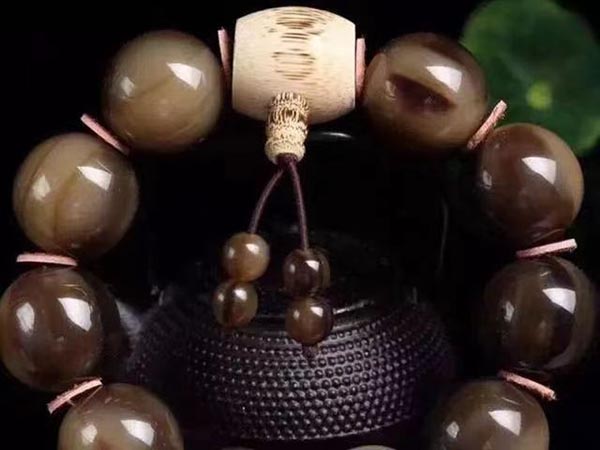
Turtle armor:
In addition to “one red, two black and three white”, there are some wildlife products.
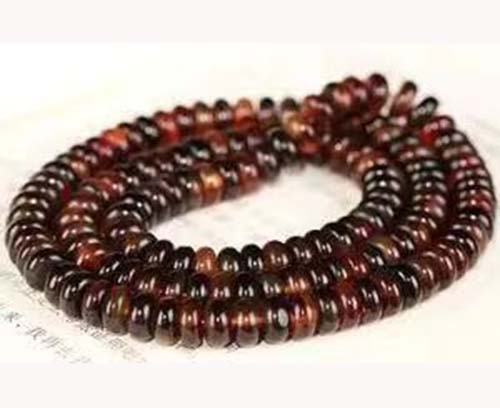
Many people think that they are ordinary jewelry, but in fact, they also belong to the category of protected animals; the more representative one is “tortoiseshell”.
Hawksbill turtle, commonly known as thirteen scales, also known as longevity turtle, is a kind of sea turtle living in the South China Sea.
Hawksbill turtle shells are not only beautifully patterned, but also translucent, and are often processed into various handicrafts.
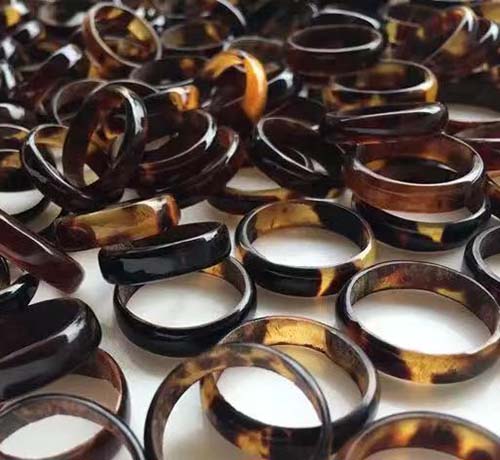
Tortoiseshell products have a history of thousands of years in China and appeared as early as the Han Dynasty.
During the Qing Dynasty, tortoiseshell ornaments became more popular.
Tortoiseshell is endangered due to uncontrolled fishing.
Chinese law clearly stipulates that the hunting and trading of tortoiseshell is strictly prohibited.
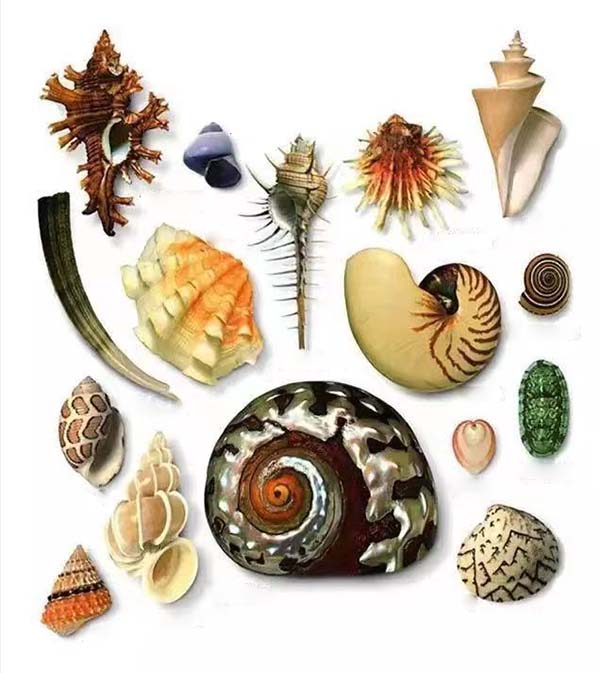
Shell:
A shell is a calcareous, hard shell characteristic of mollusks (shellfish, mussels, conchs, etc.) that live near or in the water.
Due to shells’ beautiful appearance, humans have used shells as decoration for a long time. Beijing’s Zhoukoudian caveman site is an archaeological discovery. Ancient people with perforated shells made of ornaments.
With the development of time shell jewelry is no longer limited to the original form.
Shells were cut and polished to make beads, curved stones, randomly cut stones, carved shapes, clasps, shell carvings in CAMEO in relief. And even inlaid into boxes and inlaid into furniture in the form of conch shells.
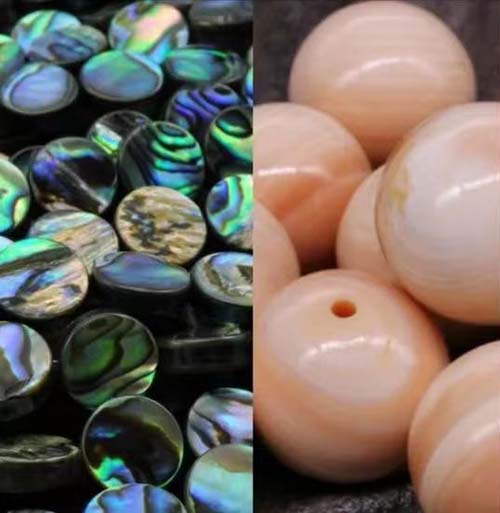
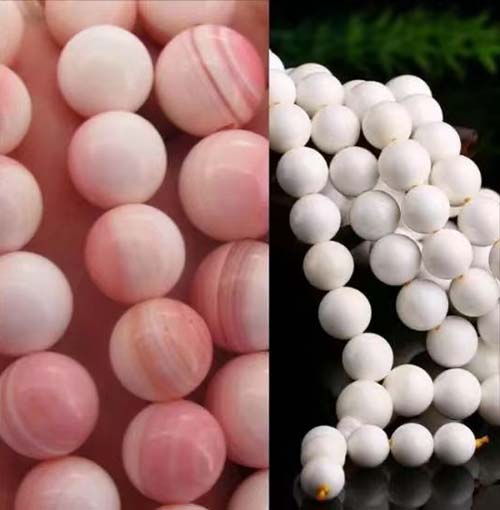
The little renegade among inorganic stones – the fossilized Opal:
The colorful opal that many people fall in love with at first glance is an amorphous gemstone.
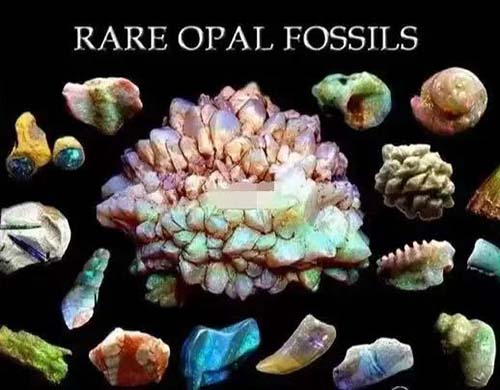
The vast majority of opals cannot be called organic gemstones. But, certain extremely rare fossilized opals are exceptions.
Fossil Opals are a very special category of Opal. They are fossilized shells, trees, animal bones, etc. Those accounted for by precious opals.
Since they are partly composed of organic material, they can be classified as organic gems.

Every organic gemstone was once a carrier of life, and carries warmth and beauty.
For those “blood” organic gemstones, the principle of “no trade, no killing” should be observed by us all.
Organic gemstones are a beautiful gift from nature and time. However, “color clouds easily scatter, glass is brittle”.
Most of the organic gemstones are relatively fragile (low hardness, easy to wear and tear, not corrosion-resistant), the daily wear to be very careful Oh ~!

